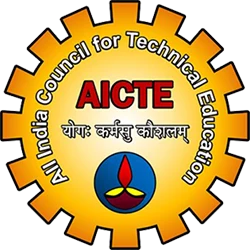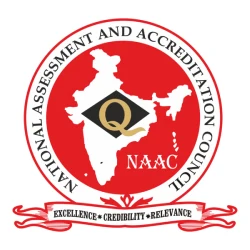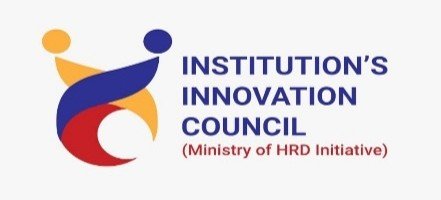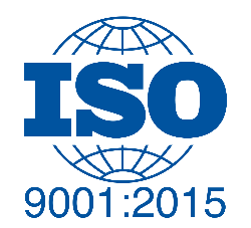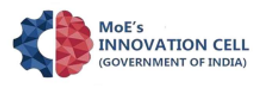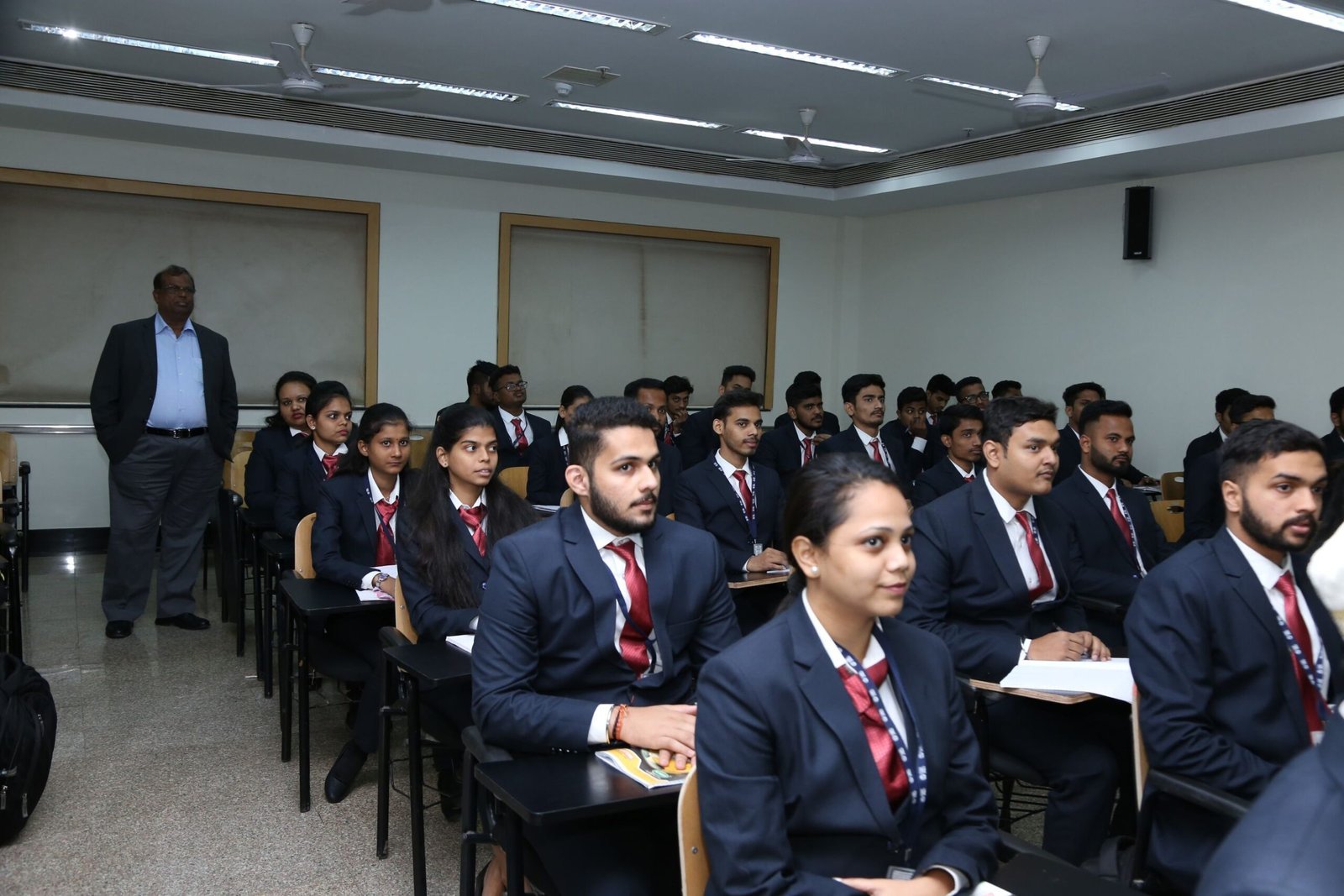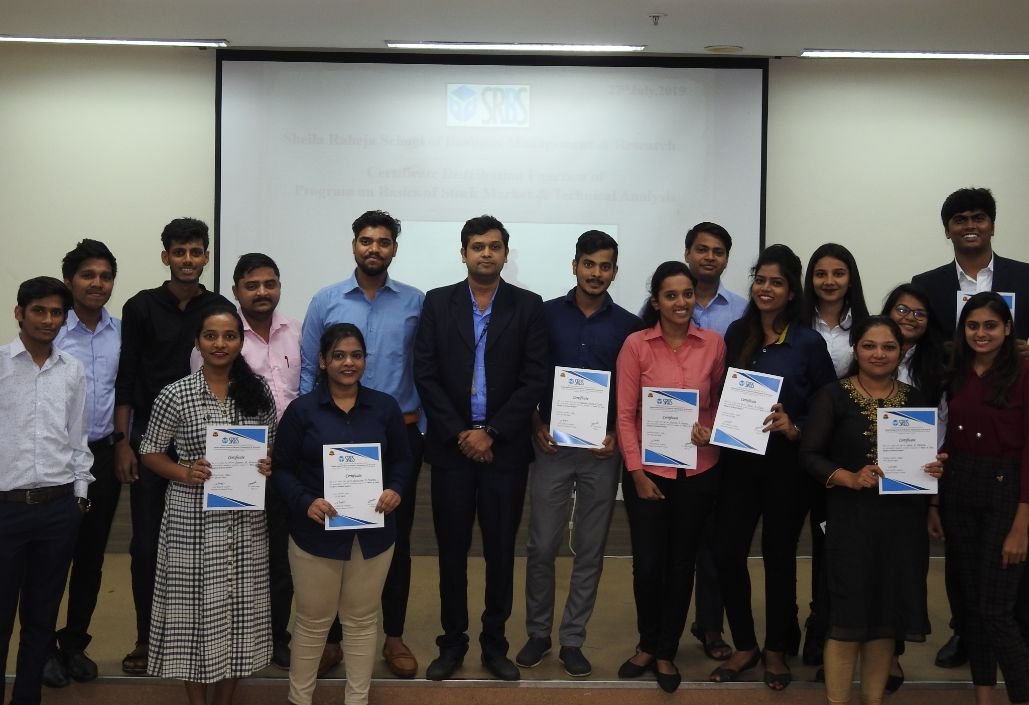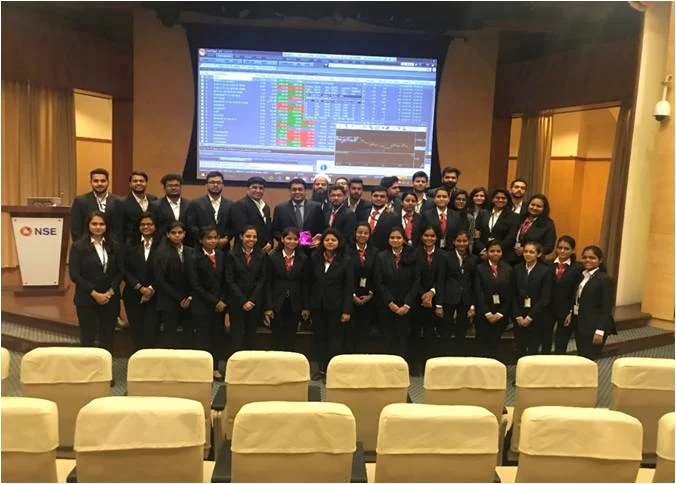Digital marketing has moved far beyond being just a promotional tool, and in 2025, it is a strategic driver of business success. From influencing customer behaviour to shaping market trends and fuelling data-driven decision-making, it now sits at the centre of modern management. Today’s organisations rely on digital insights not only to reach audiences but also to refine operations, guide investments and build stronger business models.
For management students, digital marketing is no longer an optional skill. It is an essential part of becoming an effective leader in any business function. That’s why choosing one of the best management institutes in Mumbai, such as Sheila Raheja School of Business Management & Research (SRBS), can make all the difference – because here, management education is designed to keep pace with contemporary business realities.
Why Digital Marketing Matters in Management
When we talk about business management in 2025, it is no longer confined to boardrooms or balance sheets anymore. Decisions in finance, HR, operations or strategy are shaped by what’s happening in the digital space. For example:
- Finance teams use digital analytics to forecast revenue and track customer lifetime value.
- Human Resources leverages employer branding on LinkedIn or Instagram to attract top talent.
- Operations integrate logistics with e-commerce platforms and digital supply chains.
- Strategy is informed by customer insights gathered from digital campaigns and online behaviour.
In short, managers today cannot lead effectively without understanding how digital marketing connects to every function of the business.
Skills Students Need in 2025
Employers hiring management graduates increasingly expect them to be digitally fluent. That means students need to move beyond textbook theories and pick up these industry-ready skills:
- Data-Driven Thinking – Knowing how to interpret analytics to support smarter decisions.
- Digital Communication – Understanding how businesses use platforms to engage with different audiences.
- Customer-Centric Mindset – Recognising how digital tools enhance customer experiences and loyalty.
- Adaptability to New Tools – From AI-driven platforms to marketing automation, the digital landscape keeps shifting and managers must keep up.
- Strategic Integration – The ability to connect digital campaigns with broader business goals.
How SRBS Bridges the Gap
As one of the top management institutes in Mumbai, SRBS prepares students to enter this digital-first business environment with confidence. The institute ensures that future managers aren’t just aware of digital trends but also know how to apply them strategically.
Here’s how SRBS does it:
- Live Projects with Digital Focus – Students work on real-world assignments that involve branding, marketing and analytics, gaining practical experience that mirrors industry challenges.
- Master Class Sessions – SRBS regularly hosts interactive sessions led by experts that go beyond the textbook. These sessions allow students to explore new perspectives, engage with peers in a collaborative format, and refine the skills needed for future leadership.
- Workshops & Guest Lectures – Industry practitioners share insights into current digital practices, giving students a first-hand look at how businesses are evolving.
- Case Studies & Simulations – Classrooms go beyond theory, with scenarios where students test strategies and evaluate outcomes.
- Internships with Corporate Exposure – Partner organisations give SRBS students opportunities to see how digital integration drives performance across different sectors.
- Mentorship from Faculty & Alumni – Guidance from experienced mentors ensures students develop both technical expertise and a managerial perspective.
The Future of Digital Tools in Management
Digital marketing in 2025 isn’t just about social media or ads; it is about how technology reshapes every business decision. Artificial Intelligence (AI), automation and advanced analytics are becoming everyday tools for managers. Knowing how to leverage these technologies is crucial, whether it is predicting consumer trends, optimising operations or personalising customer experiences. For students, this means gaining comfort and confidence with emerging tools that will define the next decade of management.
Digital marketing isn’t just a career field; it is a language of modern business. Managers who understand this language can lead organisations with agility and foresight. For students aspiring to management careers, learning in an environment that recognises the importance of digital-first education is key. At Sheila Raheja School of Business Management & Research (SRBS), students don’t just study management; they prepare for the realities of a business world where digital marketing shapes every decision.

